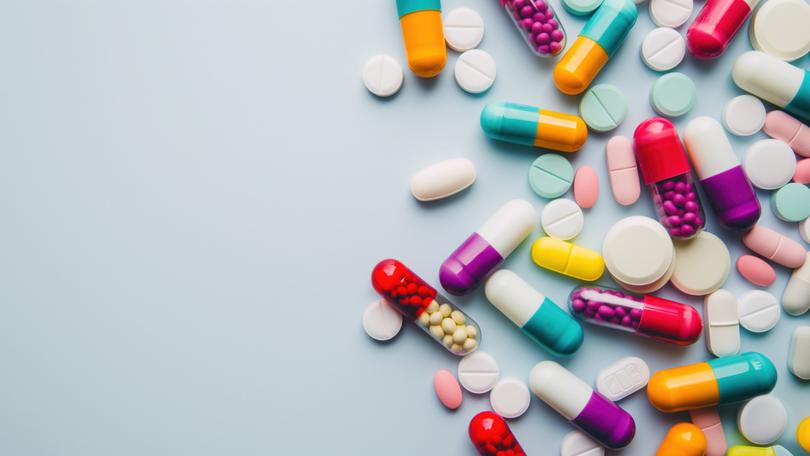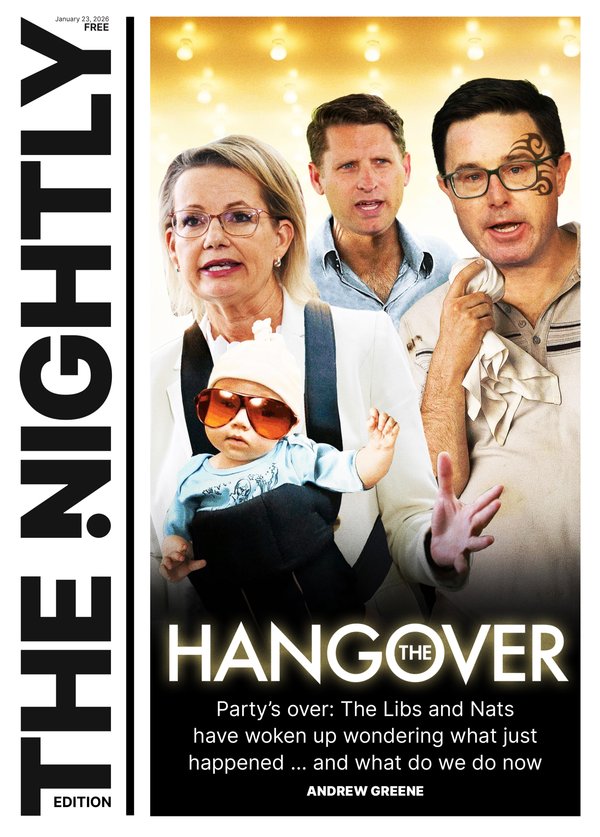Medicine time: Is it better to take your aspirin pills at night?

PRESCRIBING ROUND THE CLOCK
Hospitals tend to dole out patients’ medications during hours convenient for staff – but could this affect how well they work?
In one analysis in a hospital in the US, researchers found that while the blood pressure drug hydralazine is most effective at night, care teams administered fewer doses at night than at other times.
Sign up to The Nightly's newsletters.
Get the first look at the digital newspaper, curated daily stories and breaking headlines delivered to your inbox.
By continuing you agree to our Terms and Privacy Policy.Patients also sense pain more acutely in the evening, yet are usually given pain drugs in the morning or afternoon.
Chi Van Dang, scientific director of Ludwig Cancer Research at Johns Hopkins University, told me that neither circadian nor sleep biology get more than a cursory mention in medical school.
As a result, he said, few practising clinicians know that a drug’s effects can depend on the time of day.
“If you take aspirin in the evening, it is a hell of a lot better than taking it in the morning,” he said, referring to the drug’s use in low doses to prevent blood clots and reduce blood pressure.
Yet he estimates only one in 20 doctors recommend night-time dosing.
There’s a similar theme with clinical trials: time and again, drugs that show stellar promise in mice fall flat in humans.
Eng Lo, a neuroscientist at Harvard Medical School, grew curious about whether the opposing circadian cycles of rodents and humans could be a contributor to this.
Most scientists conduct studies during the daytime when rodents sleep.
Eng Lo decided to dig up a sample of stroke drugs that had appeared promising in animal studies but subsequently failed in clinical trials of patients.
He tested animals at the rodent equivalent of the human morning - when stroke patients had been treated.
This time the drugs didn’t work well in rodents either. That raised an intriguing possibility: could the drugs be effective in humans if taken in the evening?
Sadly, by the time he reached this conclusion, the development programmes for these drugs had been abandoned.
LIGHTING UP NEONATAL INTENSIVE CARE
A 2021 trip to Cincinnati Children’s Hospital was revelatory for me.
There, in the hospital’s newly constructed neonatal intensive care unit (NICU), a novel experiment was taking place.
When babies are born prematurely, they are disconnected from crucial ‘body clock’ messages from Mum.
Light may filter directly into the womb, and these daily cues are supplemented by the arrival of nutrients when mum eats, circulating hormone levels and a fluctuating body temperature.
The hospital fitted the new NICU with full-spectrum lighting – and already studies suggest that the infants who get daily cycles of light and dark gain weight faster, and so leave hospital earlier, compared to the old NICU setup.
CHANGING CANCER DRUG TIMINGS
What if you could help the fight against cancer by timing treatments and tests in accordance with your circadian rhythm?
Researchers at Washington University are applying circadian science to the treatment of glioblastoma, one of the deadliest cancers – and the evil that took my mother’s life.
Results from their study of medical records showed that people given temozolomide (part of the standard glioblastoma treatment) in the morning lived an average of three and a half more months than those treated in the evening.
A US clinical trial is now under way, the first to apply circadian medicine in cancer.
Originally published on Daily Mail
